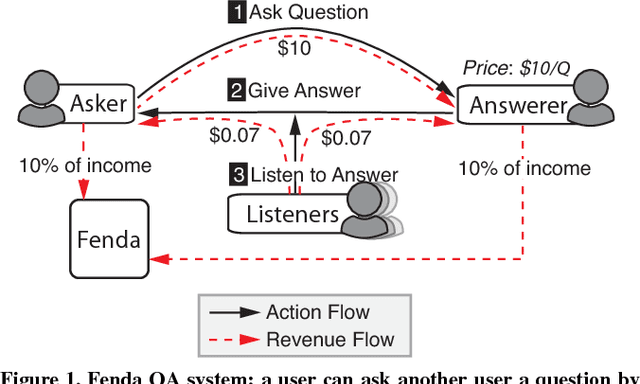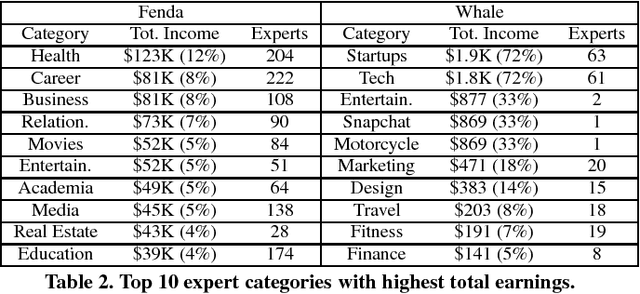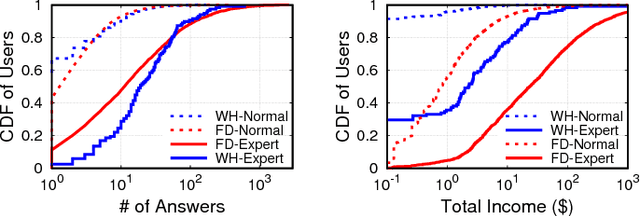Steve T. K. Jan
AI Trust in business processes: The need for process-aware explanations
Jan 21, 2020

Abstract:Business processes underpin a large number of enterprise operations including processing loan applications, managing invoices, and insurance claims. There is a large opportunity for infusing AI to reduce cost or provide better customer experience, and the business process management (BPM) literature is rich in machine learning solutions including unsupervised learning to gain insights on clusters of process traces, classification models to predict the outcomes, duration, or paths of partial process traces, extracting business process from documents, and models to recommend how to optimize a business process or navigate decision points. More recently, deep learning models including those from the NLP domain have been applied to process predictions. Unfortunately, very little of these innovations have been applied and adopted by enterprise companies. We assert that a large reason for the lack of adoption of AI models in BPM is that business users are risk-averse and do not implicitly trust AI models. There has, unfortunately, been little attention paid to explaining model predictions to business users with process context. We challenge the BPM community to build on the AI interpretability literature, and the AI Trust community to understand
Towards Monetary Incentives in Social Q&A Services
Apr 28, 2017



Abstract:Community-based question answering (CQA) services are facing key challenges to motivate domain experts to provide timely answers. Recently, CQA services are exploring new incentive models to engage experts and celebrities by allowing them to set a price on their answers. In this paper, we perform a data-driven analysis on two emerging payment-based CQA systems: Fenda (China) and Whale (US). By analyzing a large dataset of 220K questions (worth 1 million USD collectively), we examine how monetary incentives affect different players in the system. We find that, while monetary incentive enables quick answers from experts, it also drives certain users to aggressively game the system for profits. In addition, in this supplier-driven marketplace, users need to proactively adjust their price to make profits. Famous people are unwilling to lower their price, which in turn hurts their income and engagement over time. Finally, we discuss the key implications to future CQA design.
 Add to Chrome
Add to Chrome Add to Firefox
Add to Firefox Add to Edge
Add to Edge